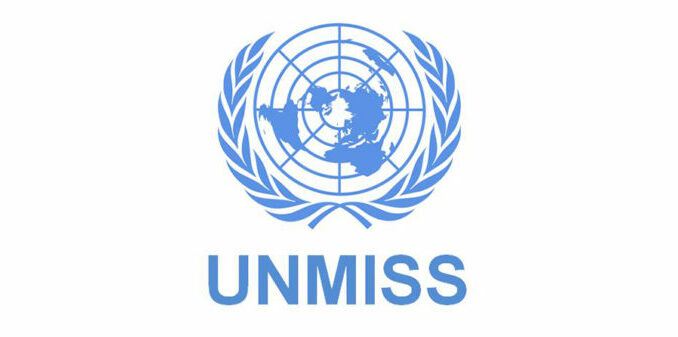
In a climate of mounting political turbulence, the United Nations Security Council has granted a temporary extension of the mandate for the United Nations Mission in South Sudan (UNMISS), prolonging its operations until 9 May. The unanimous decision, codified in Resolution 2778 (2025), authorizes UNMISS to employ “all necessary means” to carry out its responsibilities in a nation teetering on the edge of renewed conflict. Originally set to expire on 30 April, the mission now continues amidst high-stakes diplomatic deliberations within the Council chambers in New York.
This short-term measure arrives against the backdrop of a widening gulf between President Salva Kiir and First Vice President Riek Machar—once co-signatories of the 2018 revitalized peace agreement. Tensions reached a critical point following Machar’s house arrest in Juba on 26 March, a move that has sent ripples of unease through the country’s political apparatus. The fragile power-sharing arrangement, already punctuated by recurrent violence and unmet benchmarks, now faces an uncertain future, with peace monitors warning that the disintegration of trust at the top could plunge South Sudan back into chaos.
UNMISS, established in 2011 to shepherd the nascent republic through the aftermath of independence, remains a pivotal instrument for peacekeeping and civilian protection. Over the years, the Security Council has repeatedly affirmed its relevance, citing the mission’s critical role in addressing regional threats and fostering stability. Yet, with the latest Security Council briefing on 16 April yielding no concrete progress toward a lasting solution, the coming days may prove decisive for both the mission’s trajectory and the future of South Sudan’s transitional governance.
